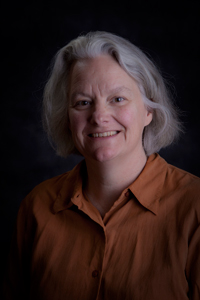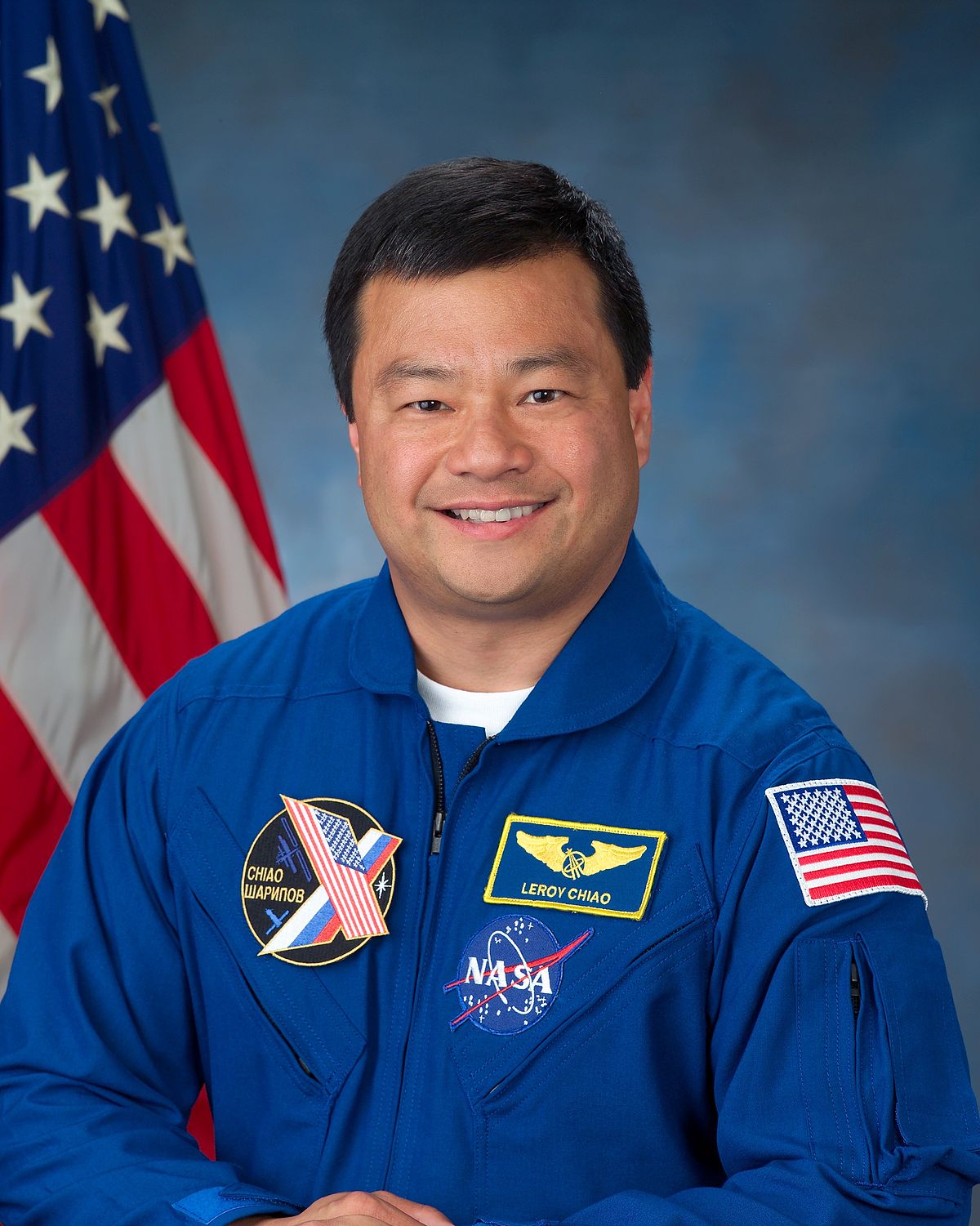
Denise Thornsen - space grant director and UAF professor.
Interview:
We were fortunate to interview two people for our Apollo 11 project: Denise Thornsen (professor of electrical engineering at the University of Alaska Fairbanks and director of the space grant at the University of Alaska Fairbanks) and Leroy Chiao (former NASA astronaut and current engineer/engineering consultant at NASA). Their responses helped us understand how big of an impact the Apollo 11 mission had on people at the time and how it continued to empower and inspire people to this day.

Denise Thornsen - space grant director and UAF professor.

Leroy Chiao - former NASA astronaut and current engineer.
1. After the moon landing occurred, were there any significant social impacts that you noticed in your community, your school, your family, etc.?
Denise Thornsen:
I was 10 at the time so I probably didn’t track on “social impacts”. I remember that we were amazed that it really happened. Everyone was concerned about the astronauts safety. We were in the middle of the cold war at the time. The president made a commitment that we would land on the moon. We were all very proud that we had made it, that we had beat the Russians to the moon.
Leroy Chiao:
There was huge social impact worldwide. Everyone was talking about it, and I believe it is still the most watched live event in the world. It made everyone dream a little more and made everything seem possible.
2. As the director of the space grant at the University of Alaska, Fairbanks/NASA astronaut, is there any knowledge that was acquired in the aftermath of the moon landing that you use on a daily basis or in your work? If so, how often does this occur and has this helped improve your understanding of the specific topics that you study? How does working with other scientists that may be out of your exact area of research help your understanding of the research you do?
Denise Thornsen:
Yes technologies were developed, but that is not why everyone was enthralled with the moon landing. The moon landing brought people together to solve a challenge. We were all rooting for them. We were all going where “no man has gone before”. Star Trek had started airing just a few years before the moon landing. The moon landing made the show more real.
I have a richer set of experiences when I work with a variety of researchers from many fields that might look at a problem from different points of view. These experiences allow me to think about things in a variety of ways and ultimately allow me to derive creative solutions to problems.
That was also probably the power of the Apollo missions. NASA had teams that were multi-disciplinary in the extreme. They had to. No one had ever done this before. There were no text books that had the answers in the back of the book. They were making it up as they went along. That meant they needed insight from everyone, from the women who “computed” (Katherine Johnson), made their space suits (Eleanor Foraker), designed their flight computer (Margaret Hamilton), to all the men who built the rocket and the capsule, as well as the scientists that trained the astronauts on what they should be doing while on the moon (i.e. field geology)
Leroy Chiao:
Of course, many technologies came out of the moon program, the biggest being microelectronics and lightweight materials. Advances continue to be driven by the space program, so they affect all of our daily lives. There was not a specific advance that made one specific difference to me and my research work, it was more of a general effect.
3. The moon landing made significant bounds in technology that made space exploration today possible. How have the technologies created during the moon landing helped scientists like you in their jobs?
Denise Thornsen:
Technology developed by NASA over the years for the space industry have come back to have significant impacts on how we live our lives on earth. Two examples are air filtration and physical therapy. My mom had hip replacement several years ago. I took her to physical therapy and was impressed with the treadmill they put her on. The goal was to get her limbs moving without overstressing the joint. So they put her on an Anti-gravity Treadmill. I was so impressed, I looked it up when I got home. Turns out the Anti-gravity Treadmill was invented by NASA to help rehabilitate astronauts that have been in space.
Leroy Chiao:
Same as above, the advances helped all of us. There are specific examples, I'm sure, of some technological advances that helped specific researchers in their field!
4. Do you have any recollection of the day of the moon landing? If yes, what did it make you feel and how did it change your life (if applies)?
Denise Thornsen:
I was 10 when the moon landing occurred. My family was in Nova Scotia for the summer. My entire family watched the landing on TV. All the regular afternoon shows were canceled for the broadcast of the event. It was a big deal. I remember being totally amazed that someone had landed on the moon and that we were seeing pictures from the moon. We watched the astronauts bounce around and thought it was funny.
Leroy Chiao:
Yes, I watched the landing live on TV. I was 8-years-old and it had a huge impact on me. It started my dream of wanting to be an astronaut.
5. Did the moon landing impact your decision in any way when choosing your area of interest in further education?
Denise Thornsen:
After the moon landing we all wanted to work for NASA. I remember my cousin and I would talk about it and bet each other who would work for NASA first. He was well on his way when he became an air force pilot. Most astronauts at the time were pilots. I ultimately won when I became the Space Grant director. As far as actually “choosing [my] area of interest in further education” I would have to say not directly. There are a lot of influences on what you choose to do with your life, most of them closer to home than the moon, like do you even have money to go to college. The moon landing just showed what was possible, not what was probable.
Leroy Chiao:
No, I was already planning to become an engineer, so it perhaps made me more enthusiastic. But, it didn't change my mind, instead there was just a reinforcement of how much this path could hold for me.
Previous<<
>>Next